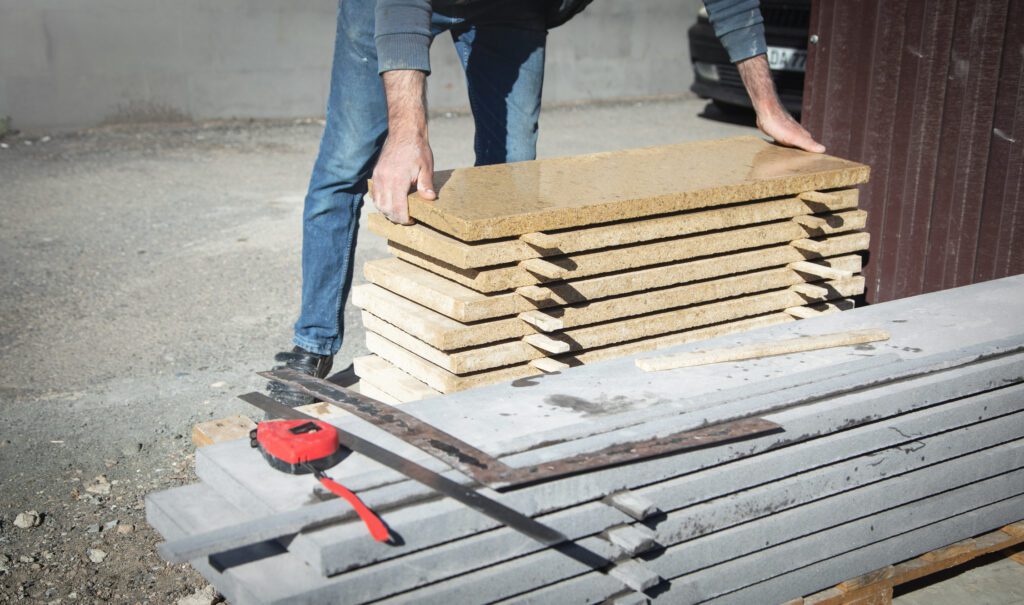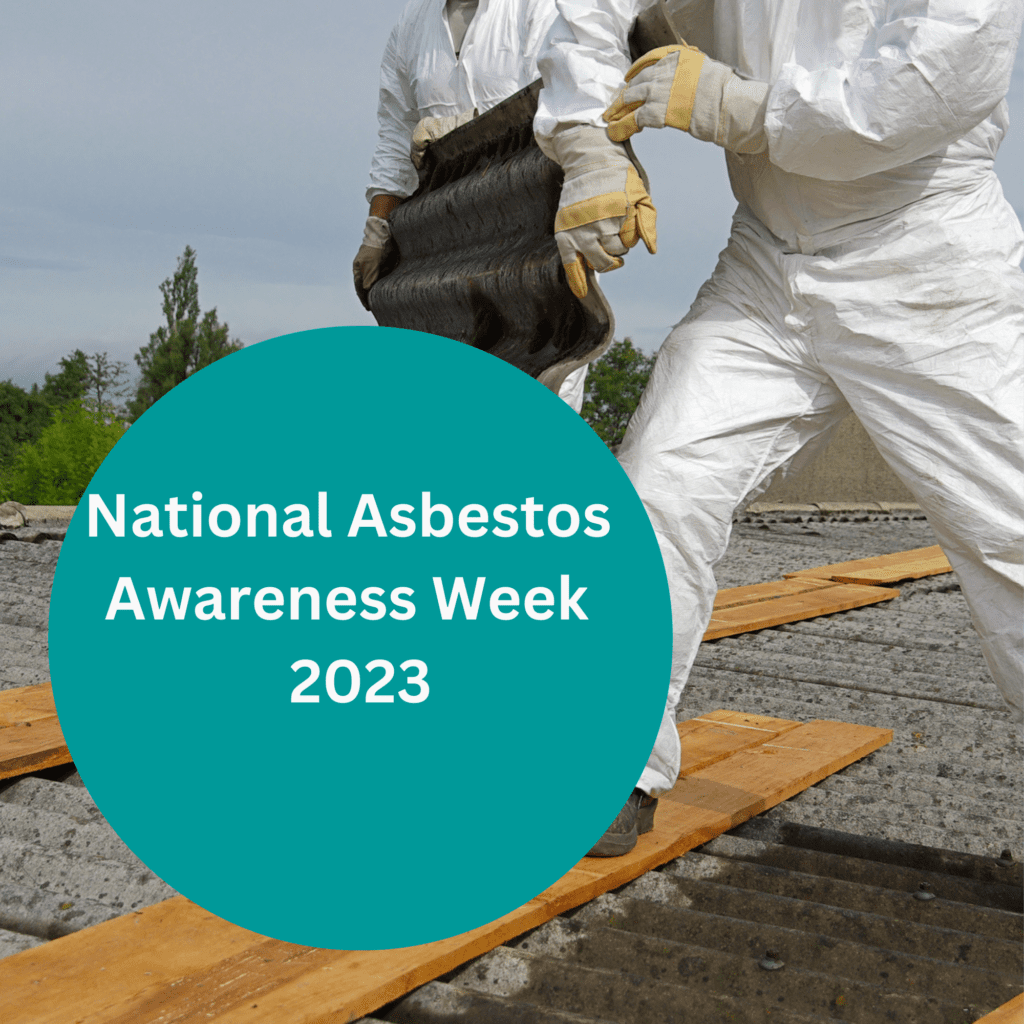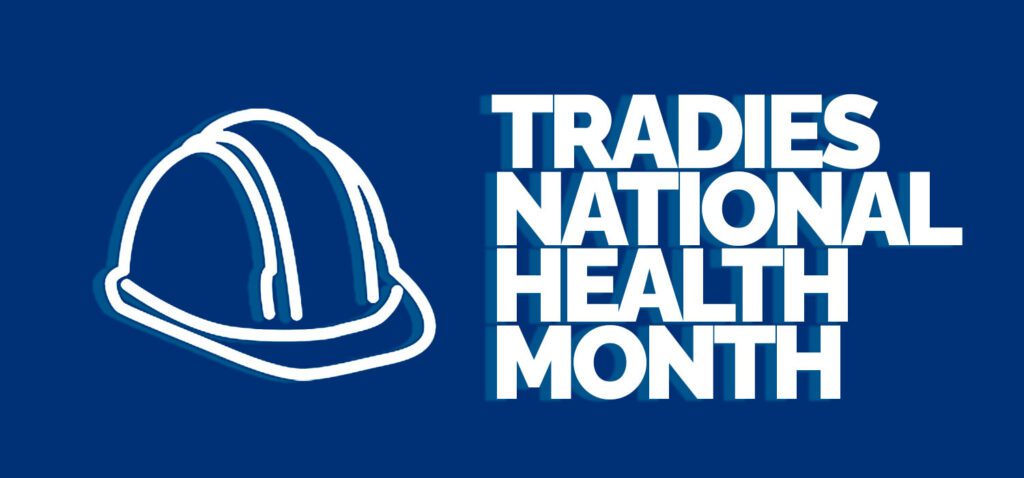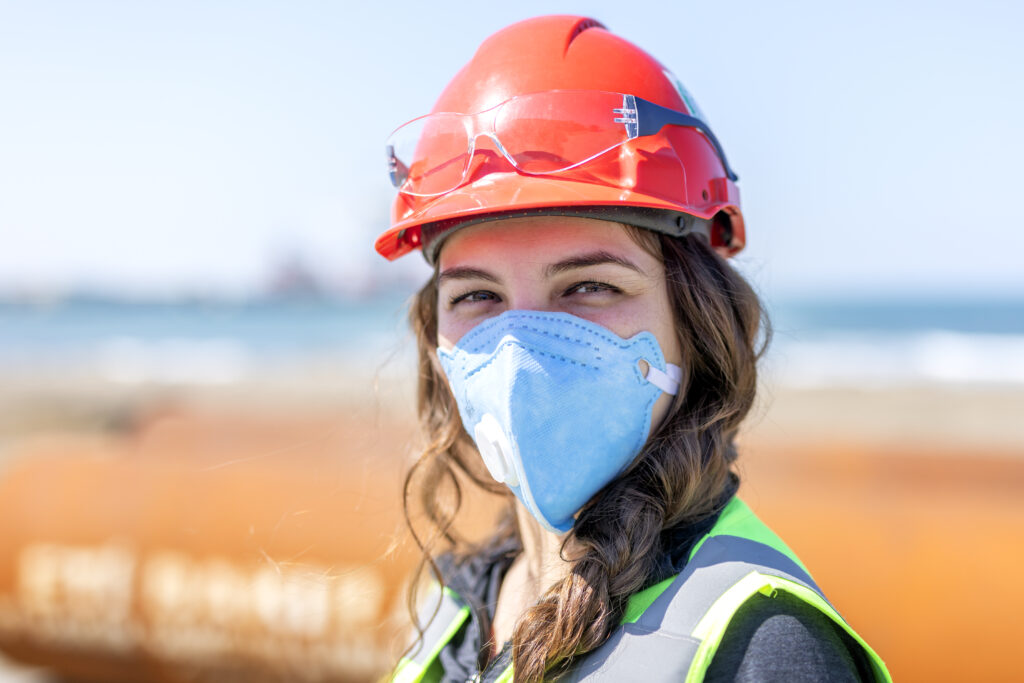Each November, we observe Lung Cancer Awareness Month, an opportunity to shed light on one of the most common and deadly cancers affecting 2.5 million people worldwide. This month is dedicated to raising awareness of the environmental and occupational risk factors …
Blog
-

Victoria Posted onLung Cancer Awareness 2024: The Occupational Link
-

Victoria Posted onBreast Cancer Awareness Month 2024
October 1st marks the beginning of Breast Cancer Awareness Month. With as many as 21,000 Australian women expected to be diagnosed with breast cancer in 2024, raising awareness around the condition and its risk factors is essential. Breast cancer is among …
-

Victoria Posted onMesothelioma Awareness Day 2024
This Thursday September 26th, as we observe Mesothelioma Awareness Day, it is important to reflect on the impact of this rare but aggressive cancer, as well as the ongoing efforts to improve awareness, prevention, and treatment. The primary risk factor for …
-

Victoria Posted onProstate Cancer Awareness Month 2024: Protection & Prevention
September is Prostate Cancer Awareness Month, a month dedicated to support the 26,400 Australian men expected to be diagnosed this year. This month is also a timely reminder to protect ourselves against occupational hazards at our workplaces that may increase risk …
-

Victoria Posted onAm I at risk of Raynaud’s Disease?
Raynaud’s disease (also known as Raynaud’s syndrome or Raynaud’s phenomenon) affects around 5% of men and 10% of women in Australia. Raynaud’s disease is a condition that restricts blood flow to your fingers and toes in response to cold weather or …
-

Victoria Posted onWorkCover Entitlements for Occupational Diseases
If a worker contracts a disease as a result of exposure to risk factors arising from the nature of employment, that disease may be classified as an occupational disease. Are there any entitlements?
-

Victoria Posted onWelding Safety: A new standard for fume control
On the 18th of January the Work Health and Safety Ministers agreed to an immediate reduction in the workplace exposure standards for welding fumes. The exposure standard for welding fumes has been reduced from an 8- hour time weighted average of 5mg/m3 to 1mg/m3.
Since 2019, three Victorian workers have died due to diseases caused by being exposed to welding fumes. Zaparas Lawyers currently act for a number of terminal welders suffering from lung cancer and therefore unfortunately this death rate will continue grow.
These reductions of the previous standards have been made to protect those who work within industries that are exposed to the fumes. WorkSafe Victoria have used this announcement of the changes as an opportunity to urge Victorian employers to assess their control measures for managing welding fumes.
-

Victoria Posted onPaint Factory Fire: A reminder on how to stay safe when working with Solvents, Chemicals and Fumes
A Paint Factory in Dandenong was recently engulfed in a fire as a delivery of solvents and chemicals were being unloaded when a large explosion and subsequent fire occurred. Unfortunately, three workers were in the proximity of the blast, which lead to two of the workers being taken to hospital for injuries and one fatality. This occurrence is another reminder of the dangers of the risk workers can face when working within these factory settings, especially one containing an array of chemicals.
-

Victoria Posted onProhibition on the use of Engineered Stone
Safe Work Australia has recently published “the Decision Regulation Impact Statement: Prohibition on the use of engineered stone”. A report in which recommends a prohibition on the use of all engineered stone to protect the health and safety of workers. This report was preceded by an announcement of the Australian Council of Trade Unions that they will ban the use of Engineered Stone on Union worksites with or without federal assistance by July 2024.
As Safe Work Australia states “Engineered Stone workers exposed to respirable crystalline silica are significantly over-represented in silicosis cases and they are being diagnosed with silicosis at a much younger age than workers from other industries”. This action toward an Engineered Stone Ban comes as many Australians are developing silicosis as a result of working with these materials, being cited by many as a health epidemic.
-
 Posted on
Posted onNational Asbestos Awareness Week 2023
National Asbestos Awareness Week 2023 runs from the 20th to the 26th of November. It is a week where we raise awareness for the very real risks the Australian public still face with Asbestos and its related diseases. This National Asbestos Awareness Week marks the 20-year anniversary since Asbestos was completely banned in Australia. Throughout this week, we will reflect on the progress that has occurred since the ban, but also highlight the threats asbestos can still pose to us today.
-
 Posted on
Posted onTradies health risks and rights to compensation
Trade occupations represent nearly 60% of serious workers’ compensation claims in Australia despite only making up about 30% of the workforce.
-

Victoria Posted onOccupational Exposure to Benzene can result in Adverse Health Effects
Benzene, an aromatic hydrocarbon, is mainly derived from petroleum and is used as an intermediate in the chemical industry as well as a solvent in paint, inks, dyes, thinners, adhesives, and coatings. It is also commonly used in the production of polymers, resins, synthetic fibres, and rubber products.












